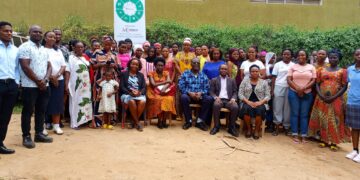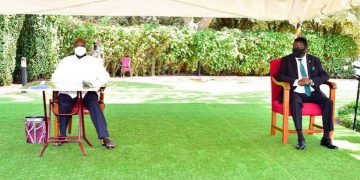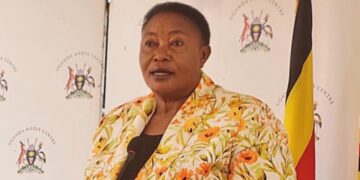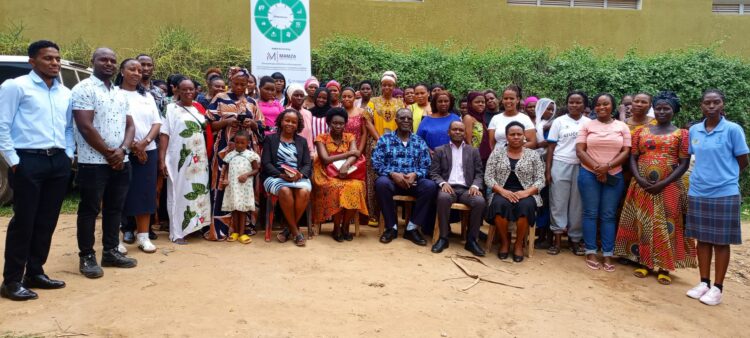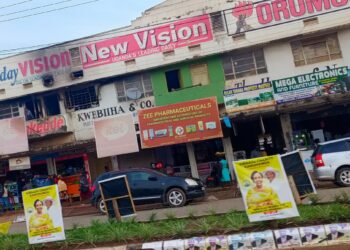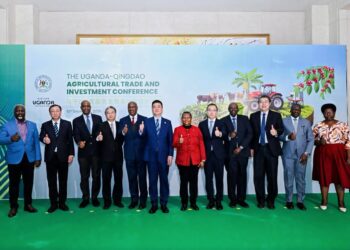By Gilbert Akampa Kakurugu,
ISINGIRO
The Ministry of Gender, Labour and Social Development is making significant strides in empowering women in refugee settlements through the Government of Uganda’s GROW (Generating Growth Opportunities and Productivity for Women Enterprises) project.
Monica Mugisha, the Settlement Commandant at Nakivale Refugee Settlement, commended the government’s efforts to uplift the lives of women in the camps. She noted that the settlement is currently grappling with challenges such as reduced funding and land shortages due to the increasing number of refugees. Mugisha emphasized the importance of skilling women, stating that equipping them with business skills will enhance their income-generating potential and improve household livelihoods. Mugisha noted that Nakivale has one of the highest populations of women and this calls for such opportunities.
Enock Mutambi, a representative from the Ministry of Gender under the GROW project, highlighted that Uganda’s recent population census estimated the country’s population at 45 million, including refugees. He stressed that the GROW project is inclusive, targeting not only Ugandan nationals but all residents capable of engaging in business. Mutambi affirmed that refugees have equal rights and that successful businesses contribute to government revenue, which in turn supports infrastructure development.
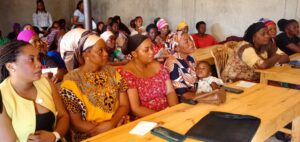
Freda Emma Emron, also from the Ministry of Gender, Labour and Social Development, acknowledged the challenges faced while implementing the project in refugee communities. These include language barriers, psychosocial issues and lack of sufficient collateral to access business loans. Emron emphasized that project implementers and their partners are aware of these obstacles and are committed to preparing women adequately before engaging them in business activities.
Titus Jogo, Regional Desk Officer in the Office of the Prime Minister, reiterated that the project specifically targets women, recognizing them as the most vulnerable group in the settlements. He pointed out that many women lack both capital and business knowledge. “Empowering women improves the welfare of refugee communities,” Jogo said. “Training a woman is training the whole nation. They become ambassadors and this greatly eases our work.”
